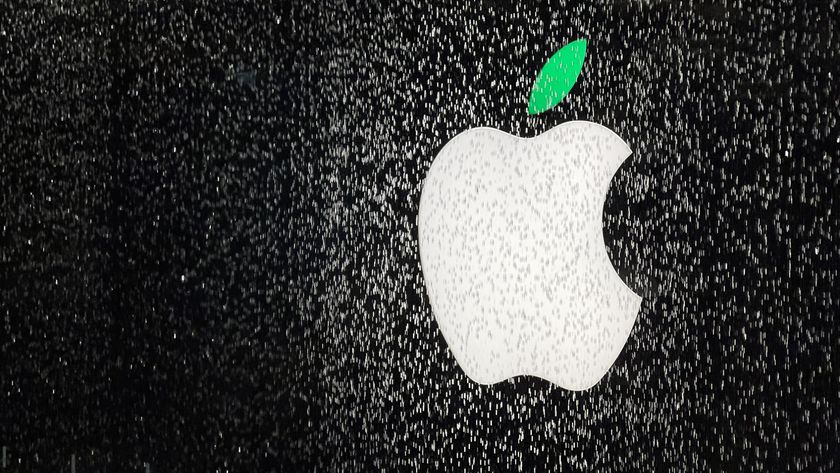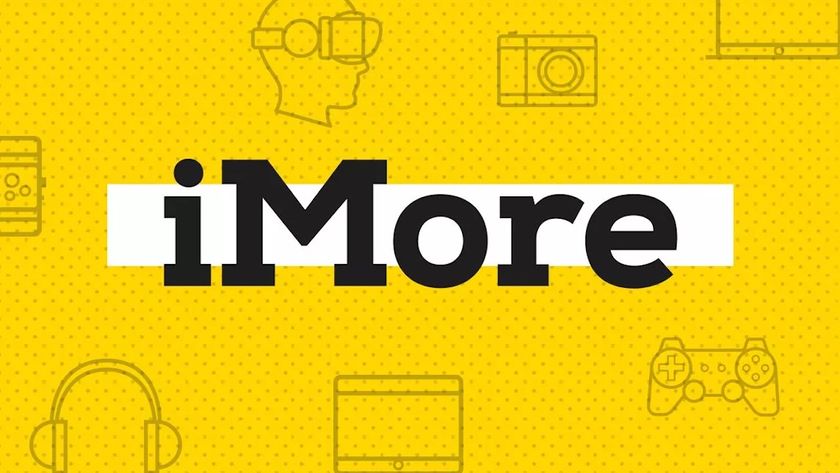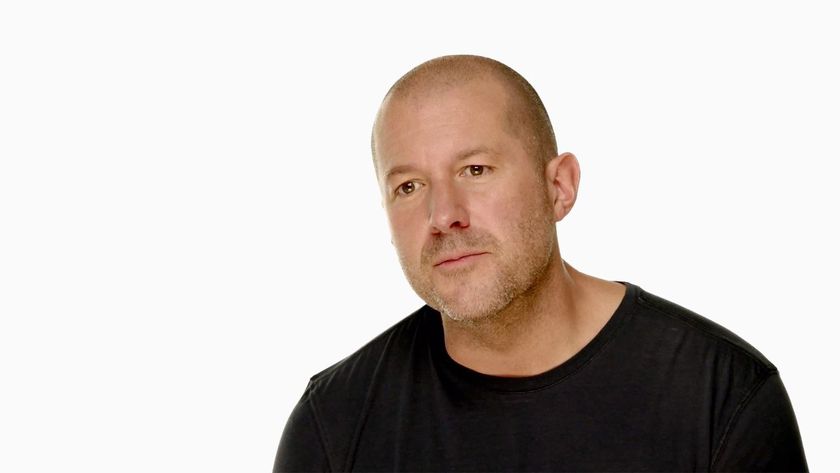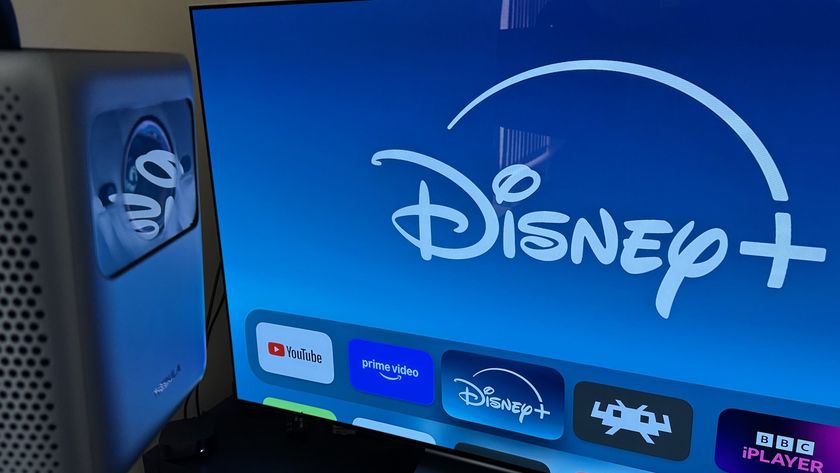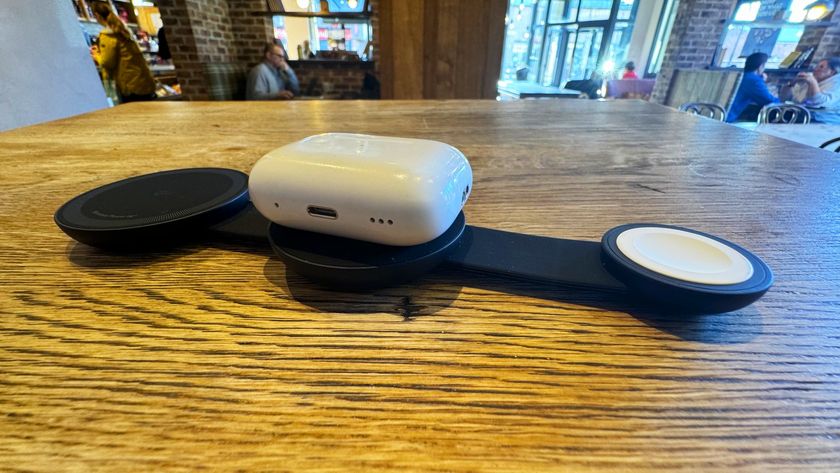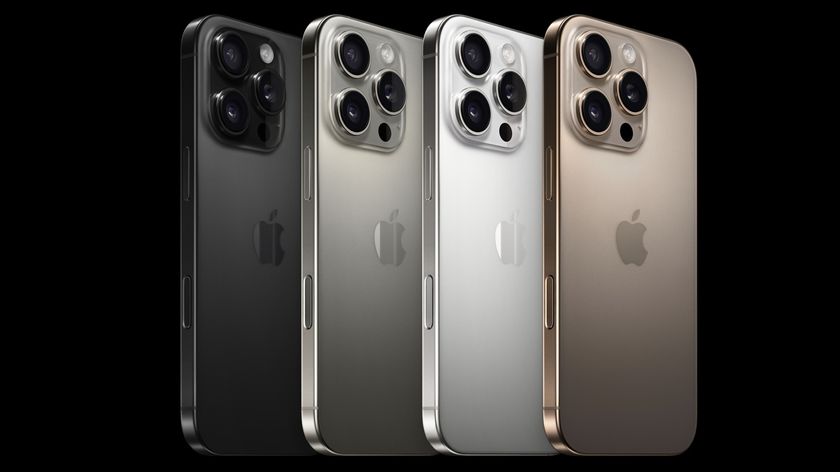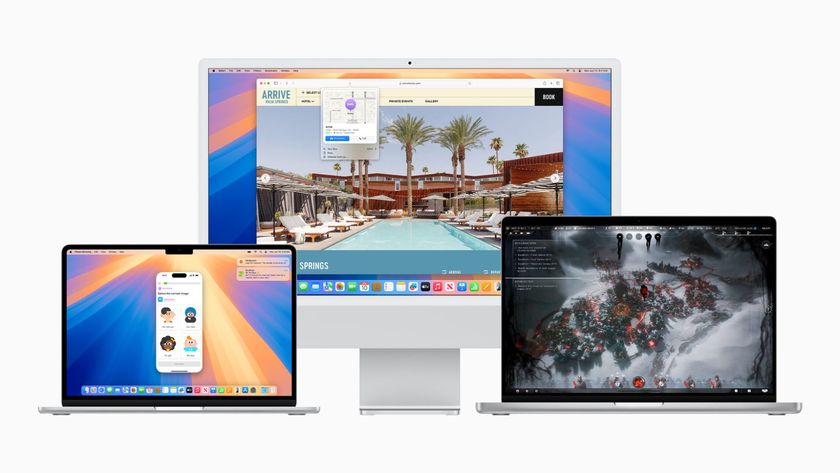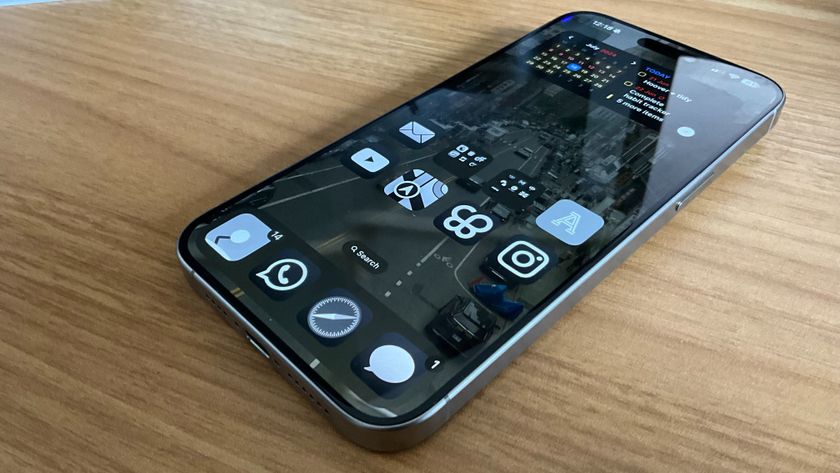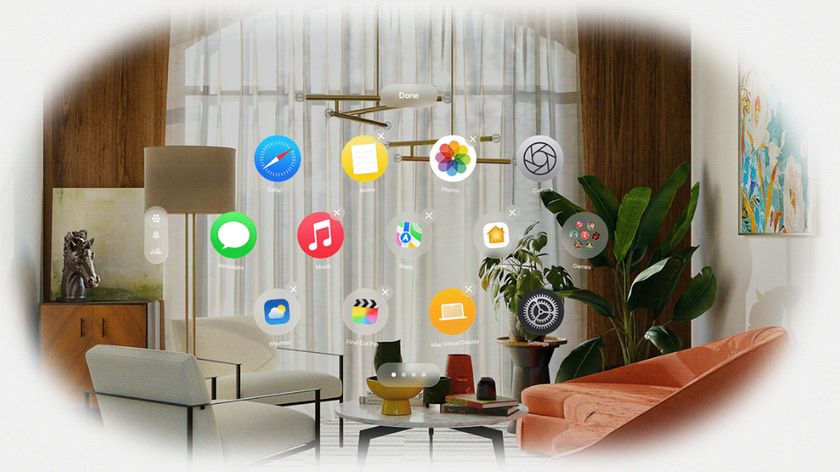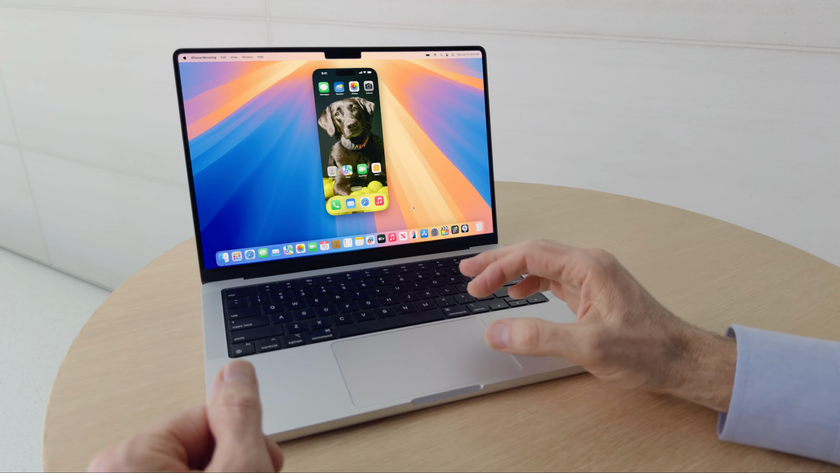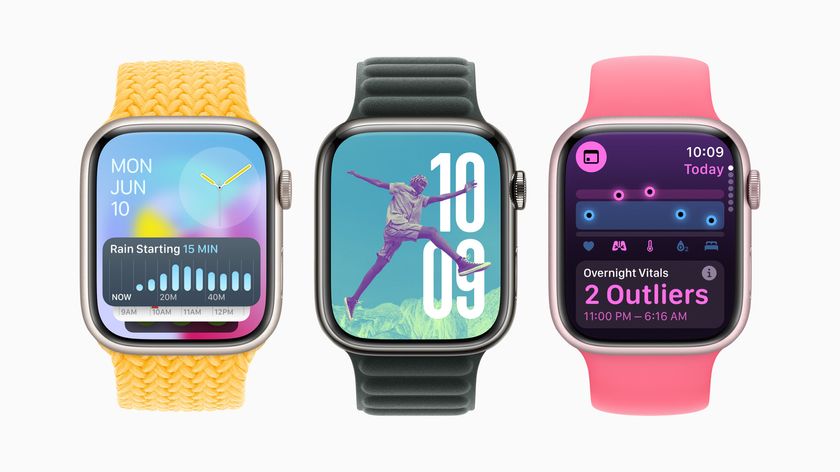Apple's continuing commitment to accessibility
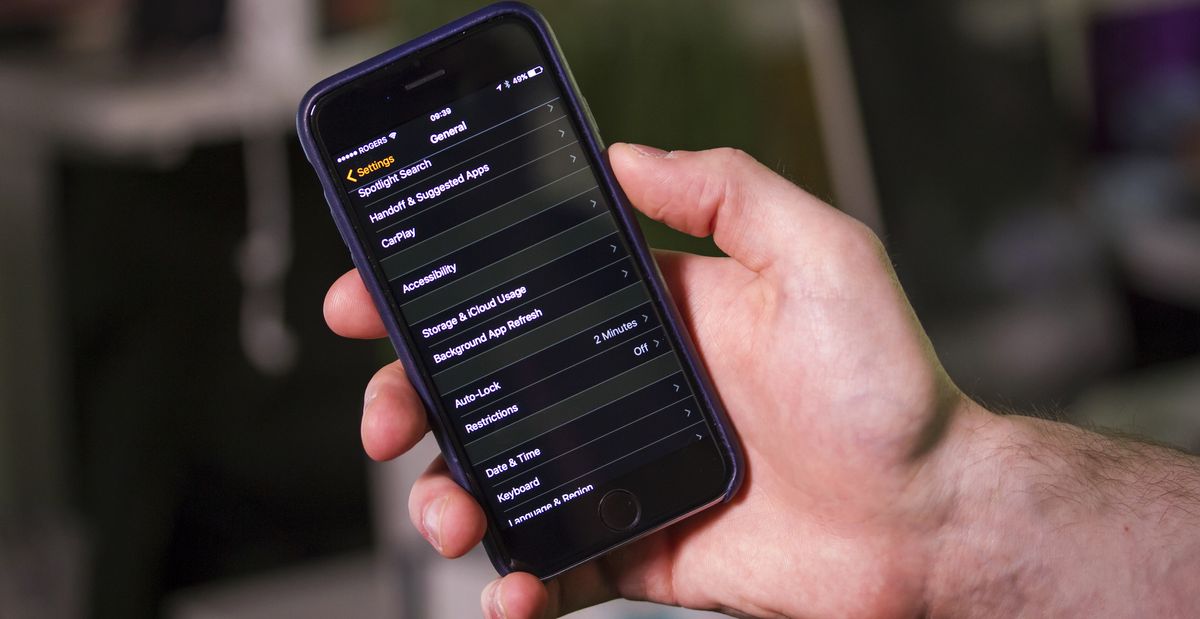
As a technologist and writer, it is difficult for me to admit this bias: I am all in on Apple's platforms. At this point, I don't think it is even possible for me to consider an Android product, let alone, recommend one. It is clear to me that the two companies have very different priorities. Google's priorities are not aligned with my needs. And Apple's are. For me, it is as simple as that.
Every time I get curious enough to glance over the fence to see just how green the grass is, Apple does something to make its own grass greener than ever. In this case, Apple has shown that accessibility is still a priority — perhaps more so than ever.
Magnifier: Focusing on the Little Things
With every new iOS release, there is usually at least one new major accessibility feature. Since VoiceOver, these features get no stage time. But they are in there all the same. This year, the accessibility headliner is Magnifier.
On the one hand, one wonders why Apple would bother with building a magnifying glass into every iOS device. After all, at last count, there were about 50 gazillion of them on the App Store. They range in price from free, to not much more than free.
My wife and I are both legally blind, and frequently use iPhone as a digital magnifying glass. Periodically, I comb through the options and purchase new magnifier apps that I haven't tried, only to be disappointed in one way or another. They are often missing vital features, or have a bewildering array of features that do not work very well.
All of the magnifier apps rely on the built-in camera. Because there is no optical zoom, all magnification is done digitally. Some apps introduce noticeable latency when magnifying; some offer modest amounts of magnification; while others go way overboard, producing unusable images.
There is a lot more to a magnification app than enlarging text. Most are bad, a few are good, none are great. Had there been a number of truly great magnification apps available, Apple may not have stepped in to fill the gap. But someone at Apple saw the need, and assuming the iOS 10 beta 1 is a good indication, a magnifier is going to be a system-level feature.
Master your iPhone in minutes
iMore offers spot-on advice and guidance from our team of experts, with decades of Apple device experience to lean on. Learn more with iMore!
That, alone, would not be good news if Apple's efforts were no better than all the other developers who have been doing it for years. If the iOS 10 magnifying glass were a stand-alone app, it would be head and shoulders above everything else the App Store has to offer. It would easily be worth a $5, or even $10 asking price.
Rather than going into all the nuance of what makes a good digital magnifier, let me just say that Apple did their homework. Stand-alone, digital magnifiers cost anywhere from $200 to $1,000. I only point this out so that you get some sense of how much nuance we're talking about. In the same way the iPhone's photo-taking abilities are equivalent to some point-and-shoots, the new magnifier app is equivalent to a decent stand-alone, digital magnifying glass.
Apple is the kind of company that sweats the details. This is one of those times when they nailed it on the first try. At some point, I will write another piece taking a closer look at those details. For now, this feature is just another reason why no other platform holds any appeal for me.
iOS Accessibility Is More Than Meets the Eye
I get excited about the Vision portion of the Accessibility settings. That's because I have low vision. But Apple's accessibility focus is about a lot more than vision. Physical challenges do not just affect the eyes, but the ears, the hands, and one's ability to learn.
Some years, Apple's focus is on something other than vision. Those are the years they give us features like Assistive Touch for those with motor skills challenges. Accessibility is not an occasional feature when they happen to think about it, it is a consistent priority that runs through the company's DNA. Apple does not make a product or offer a feature that they do not agonize over, thinking about how they can make it accessible for everyone. I see no such commitment from any other company.
Who Watches the Watchers?
While the product may have escaped my notice, I am not aware of any smart wrist-wearable that has an accessibility layer that is even remotely comparable to that on the Apple Watch. This year, Apple Watch accessibility got a little stage time. People in wheelchairs are now first-class citizens in the fitness revolution.
Companies like Google, Microsoft, and Amazon seem to be incapable of this type of thinking. Without firsthand knowledge about the internal structures of these companies, it seems obvious that Apple has many human and financial resources dedicated to accessibility, while the other companies do not.
It should be noted that people in wheelchairs have been involved in fitness for a long time, just as blind people have been wearing watches for a long time. Apple has simply taken note of this fact, and made sure that their wearable can be used by the maximum number of people.
Don't talk to me about obscure features on some Android devices when they leave out entire categories of humans. Apple built a watch with more types of humans in mind than anyone else. Now everyone can be a watch person.
The Bloody ROI
At a shareholder's meeting, Apple was pushed by an investor to focus only on things that had a profitable return. In a rare moment of public pique, Tim Cook responded:
When we work on making our devices accessible by the blind, I don't consider the bloody ROI.
I believe this accurately reflects who Apple is, and who everyone else is not.
The interesting thing about the quote was that it was not in response to a question about accessibility specifically. Tim Cook is the one who brought that up, because that was top of mind for him. I have been a technologist for a long time, and I can't think of any other platform-provider about which that can be said.
Five years from now, Apple may not make the best smartphone, or smartwatch. Perhaps all of their platforms will grow stale and crusty. I doubt that will happen, but it wouldn't matter to me if it did, because I reasonably believe that all of those products and platforms will be fully accessible to me, my wife, my parents, and everyone else with a physical challenge.
As long as Apple prioritizes accessibility over the bloody ROI, I will prioritize Apple over the bloody competition.

